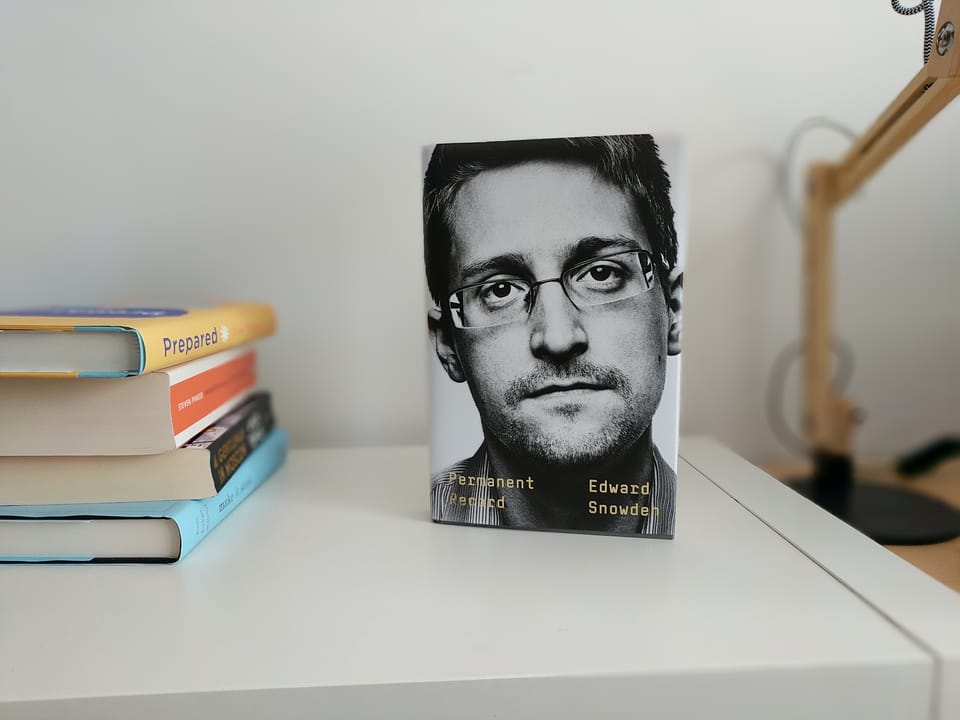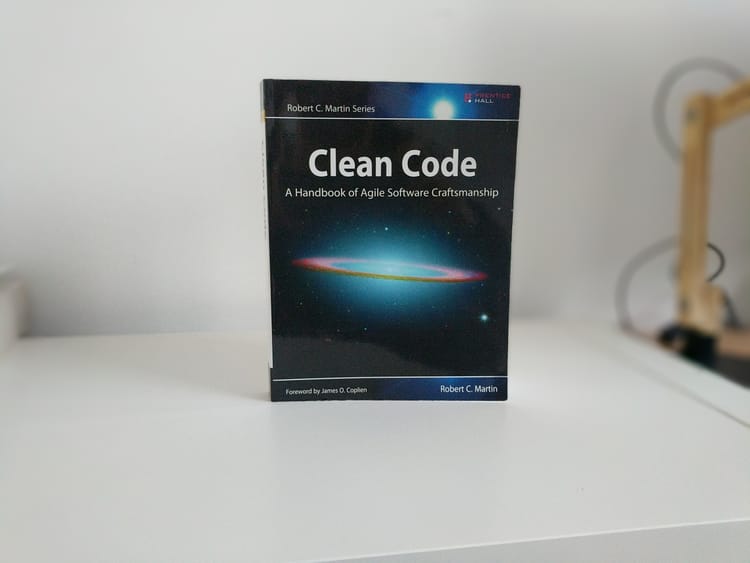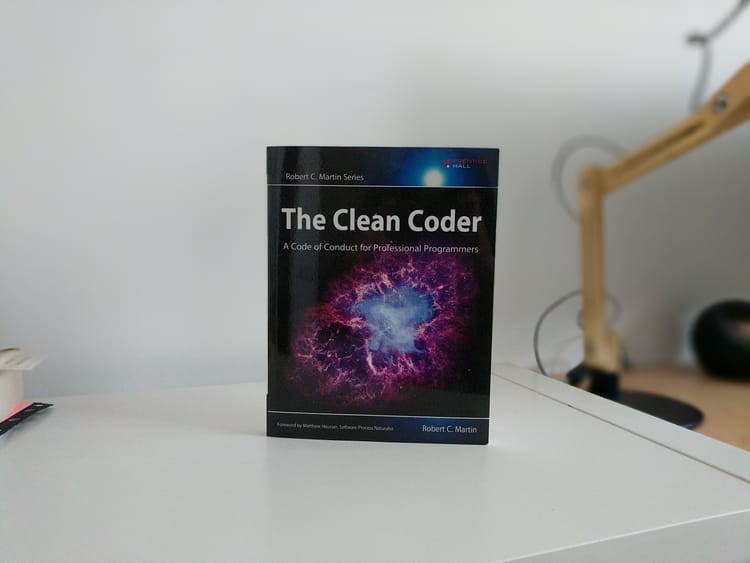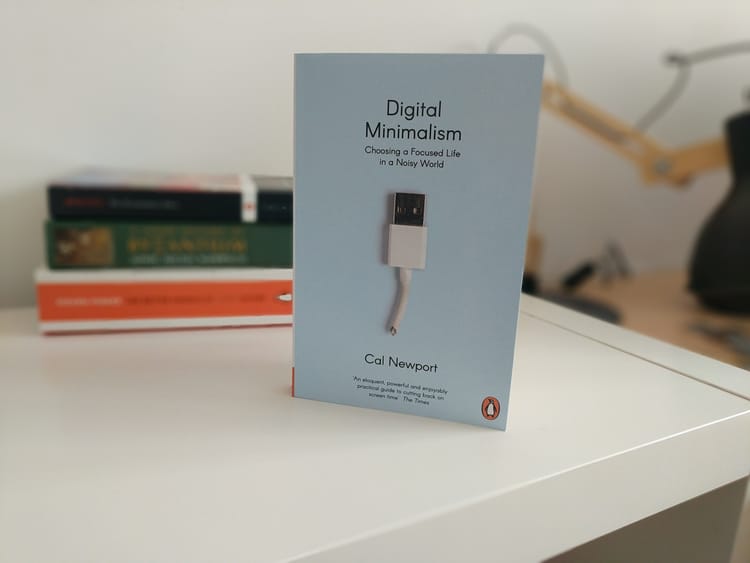Privacy Matters & Why you should care

I didn’t use to care much for privacy. It was a thing that I would have liked to have on the internet, but would often sacrifice for convenience. After having watched a few Edward Snowden interviews, my outlook began to change. Permanent Record is a wonderful memoir by Edward Snowden, the whistleblower of the CIA and NSA’s reprehensible wrongdoings under the guise of public safety. It makes a strong case for why privacy matters and why, even though you may not be conscious of it, you probably do care.
Why privacy matters
A quick foray into rights. In a democracy like the United States of America, rights are provided not by law but by “implication”. The right to free speech exists because the government cannot enact legislation that restricts it. The same applies to the right for a free press and the right to worship. Similarly, the right to peacefully protest exists because the government is prohibited from making a law that says otherwise.
“If you’ve got nothing to hide, you’ve got nothing to fear”. This, and variations of it, act as a mere pretext for privacy violations. We do have things to hide; we use passwords, lock our doors, use protection mechanisms on our smartphones and wear clothes. Not being a terrorist does equate to having things to hide. We can relish the fact that others cannot hear our thoughts inside our heads. There may be other things, too, that we wish to keep away others: our medical records unemployment history, financial history, and political affiliations to take the examples in Permanent Record. We don’t disregard our freedom of speech because we have nothing to say. In other words, in my opinion, the right should still exist even if we may not always want to reserve our right to it. You may not care about protesting, worshiping or speaking up in public, but we live in a better society, a democratic society, because we are are allowed to do those things, irrespective of whether we actually do them or not.
“No one shall be subjected to arbitrary interference with his privacy, family, home or correspondence, nor to attacks upon his honor and reputation. Everyone has the right to the protection of the law against such interference and attacks.” – 1948 UN Universal Declaration of Human Rights, Article 12
There’s likely to be something that you don’t want others to know. It may be a ‘private’ instant messenger conversation, an email or a conversation. It may be an offhand remark that we instantly regret. If we’re surveilled, there’s no going back because there’s a permanent record. Just the thought of someone being able to go through our phone’s contents without our permission is considered reprehensible by many, so why is the government (which really means the people in it) an exception?
“The right of the people to be secure in their persons, houses, papers, and effects., against unreasonable searches and seizures, shall not be violated, and no Warrants shall issue, but upon probable cause, supported by Oath or affirmation, and particularly describing the place to be searched, and the persons or things to be seized.” – Fourth Amendment
It’s also a clear violation of the fourth amendment. Even if, like me, you don’t live in the United States, that doesn’t mean that you don’t have to agree with the fourth amendment as an inalienable right bestowed upon you by some equivalent law (the abovementioned UN privacy right is, unfortunately, not enforceable, but we still deserve it).
XKEYSCORE
(Please note that if you search for ‘XKEYSCORE’ online and you’re not anonymous, you may be added to the tracking list, according to Snowden).
XKEYSCORE is an archive of you: your emails, your conversations over instant messenger platforms, your files and more. This is all available via a search engine. According to the NSA (via Snowden in the book), XKEYSCORE is/was able to search for ‘nearly everything a user does on the Internet’. It allowed someone from within the NSA to be able to type in anyone’s physical address, phone number or IP address and get back a record of most of their target’s online activities (which may be legitimate). What you were looking at on the screen, browser history, search history, social media posts, webcam footage, all of it.
This meant that NSA analysts could use it not just for their work but also for personal matters. They could stalk (read emails, listen to phone calls, etc.) of previous or current lovers online. It’s the modern day equivalent to knowing everything there is to know about someone: their thoughts, feelings and desires (e.g. via observing search engine searches, inference or both). Slightly creepy.
A note on Tor
Tor is a strange but beautiful beast. Initially created by the state, the Tor Project is free, open-source software that lets you browse with close to near anonymity. This is how it works. Several volunteers run their own Tor servers. Your traffic is sent randomly from one Tor server to the next. Only one of the Tor servers (known as ‘layers’) in the long chain knows who the origin of the traffic was. That one server, however, does not know the destination of the traffic. This means that the Tor server that connected you to the Tor network (called a ‘gateway’) knows that you sent the traffic, but it doesn’t know what you’re sending (e.g. an email) because it cannot read what you’re sending it. The last Tor server knows where the data needs to go but not who sent it. Ingenious.
The layering technique Tor uses is called the onion routing. This is where Tor gets its name from: The Onion Router.
Hang on. This is slightly suspicious. The US just gave us the means to hide from them? While the US Naval Research Laboratory made Tor in the mid-1990s, it was eventually released to the public in 2003 because it depends on the public to function.
How you can protect yourself
While I could rattle on about various tips, the privacy subreddit does a far better job than I could. One particularly important thing to note is that having a VPN in and of itself is not sufficient if the provider is untrustworthy. There’s an excellent VPN comparison on various metrics that I would recommend looking at if you’re interested.
Would I recommend Permanent Record?
I’d wholeheartedly recommend the book if you’re interested in reading a memoir about the life events of Edward Snowden that culminated in him whistleblowing. If you’re interested in how to protect yourself, the book offers little guidance. For that, I’d recommend doing your own research, and perhaps taking a look at the privacy subreddit linked earlier.
Permanent Record was a gripping book that I devoured quickly in a few reading sessions. It’s a book that I opened with high expectations and closed with my expectations exceeded.



